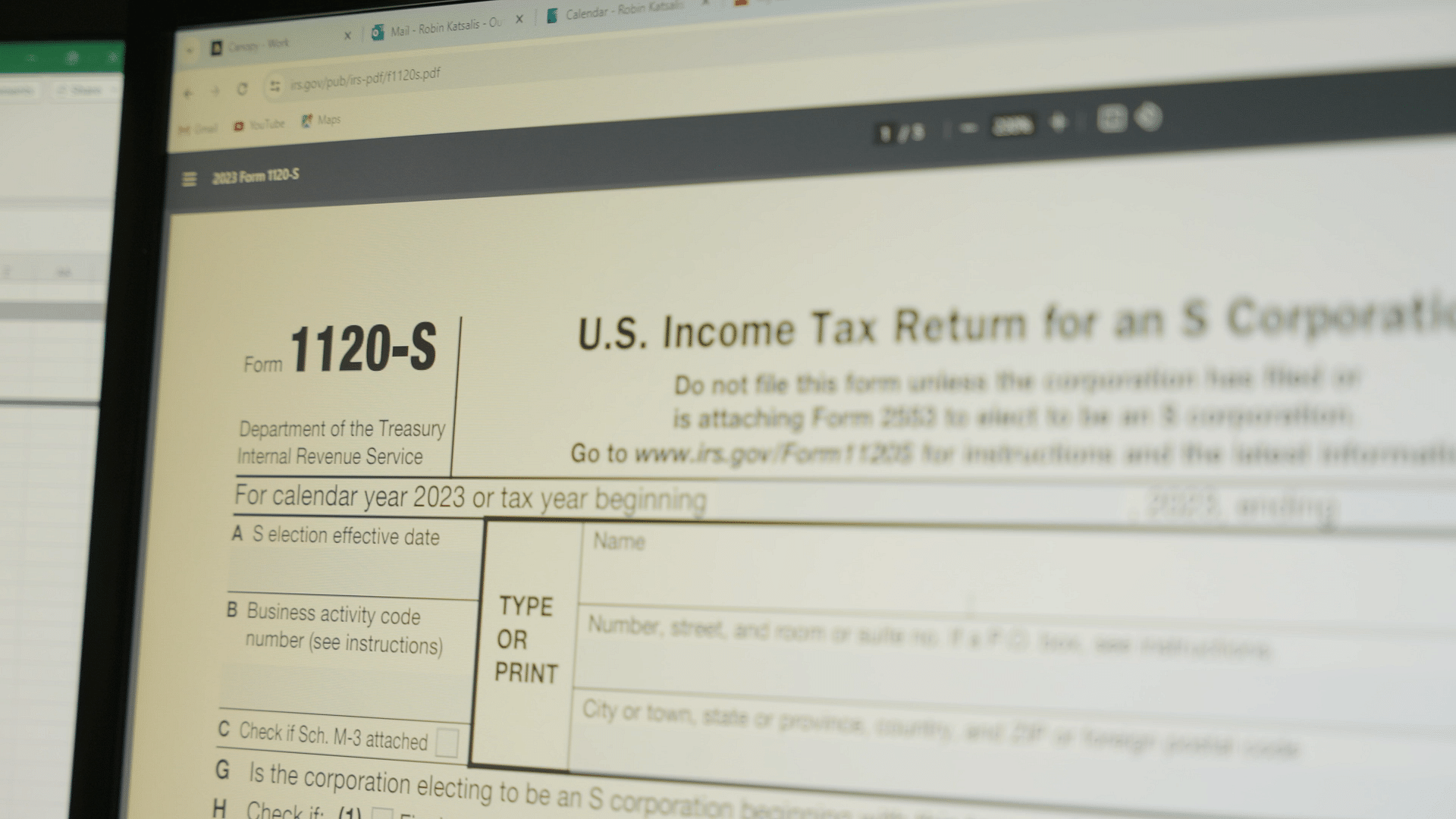
Business Owners and Payroll - Do we really have to follow all these rules?
Jun 16th, 2015
I guess the answer is yes. Once your business grows to the point where you need employees, your business takes on some important responsibilities both to the employee(s) you hire and to the government in the form of tax witholdings.
I-9 / W-2 / W-4
If you have employees and pay them a salary, you must deposit withholdings from employee pay checks. As an employer, you are responsible for obtaining and keeping current employee records current. Once you hire someone, make sure a file is started containing the documents needed.All new employees must complete and sign the I-9 Employment Eligibility Verification and Form W-2. You must also view and photocopy the employee's Social Security Card or other form of legal documentation such as a Birth Certificate, U.S. Passport. The W-4 Employee's Withholding Allowance Certificate should be on file for each employee. Make the form effective with the first pay check. If your employee needs to change a deduction amount, they must complete a new W-4. Once you receive a new W-4 to replace an existing form, you must begin withholding no later than the start of the first payroll period ending on, or after the 30th day, from the date you received the replacement form.
Social Security / Medicare Taxes (FICA)
These taxes are also withheld from an employee's wages, but you as the employer not only withhold a portion from the employee's check but pay a matching amount (Lucky you...). These taxes, called the Federal Insurance Contributions Act (FICA) is part of the federal law requiring businesses to withhold three separate taxes from the compensation paid to employees. FICA consists of an employer match for 6.2 percent Social Security tax and a 1.45 percent Medicare tax;
Employers are also responsible for withholding an additional, %.9 Medicare surtax for any employee earning over $200,000. Unlike the first two FICA taxes, you do not pay an employer matching portion. Also, employers will withhold the 0.9 percent Medicare surtax only from the point when an employee's wages exceed $200,000 and every pay period after until the end of the calendar year. Employers are required to pay in the period in which it pays wages and compensation in excess of the threshold amount to an employee. There is no match for the Additional Medicare Tax. Confused yet?
There are caps and 'floors' for each of the above taxes. The Social Security tax (called OASDI) is subject to a dollar limit, also adjusted annually for inflation. Your obligation to pay the Social Security tax for each employee ends what that employee's wages have reached $118,500 in 2015.
Federal Unemployment (FUTA) Tax
This business tax is reported and paid separately from Federal Income tax, social security and Medicare taxes. FUTA is paid only from your own funds. Employees do not pay this tax or have it withheld from their pay.
Self-Employment Tax
You cannot get around this tax by being self employed.If you primarily work for yourself and don't have any additional employees, you will need to pay the self-employment (SE) tax. You must pay the self-employment tax if your net earnings from self-employment (excluding church employee income) were $400 or more.
This tax only refers to Social Security and Medicare taxes and does not include taxes that self-employed individuals may be required to file. Self-employed business owners can figure the tax themselves by using Schedule SE (Form 1040).
These are just the beginning of your business owner tax responsibilities.
If you found this article useful, please do not keep this a secret. Share it with a friend.
Copyright 2015 by Steven A Feinberg (@CPAsteve) of Appletree Business Services LLC, a PASBA member accountant, located in Londonderry, New Hampshire.


Let’s Help Eliminate Your Stress
If you choose Appletree Business Services for your bookkeeping, payroll or tax needs, you’ll find that good things begin to happen in your business. Your common financial challenges will become simple with a clear map to create your ideal situation. More than that, we’ll identify your “typical” stresses and help make them go away.